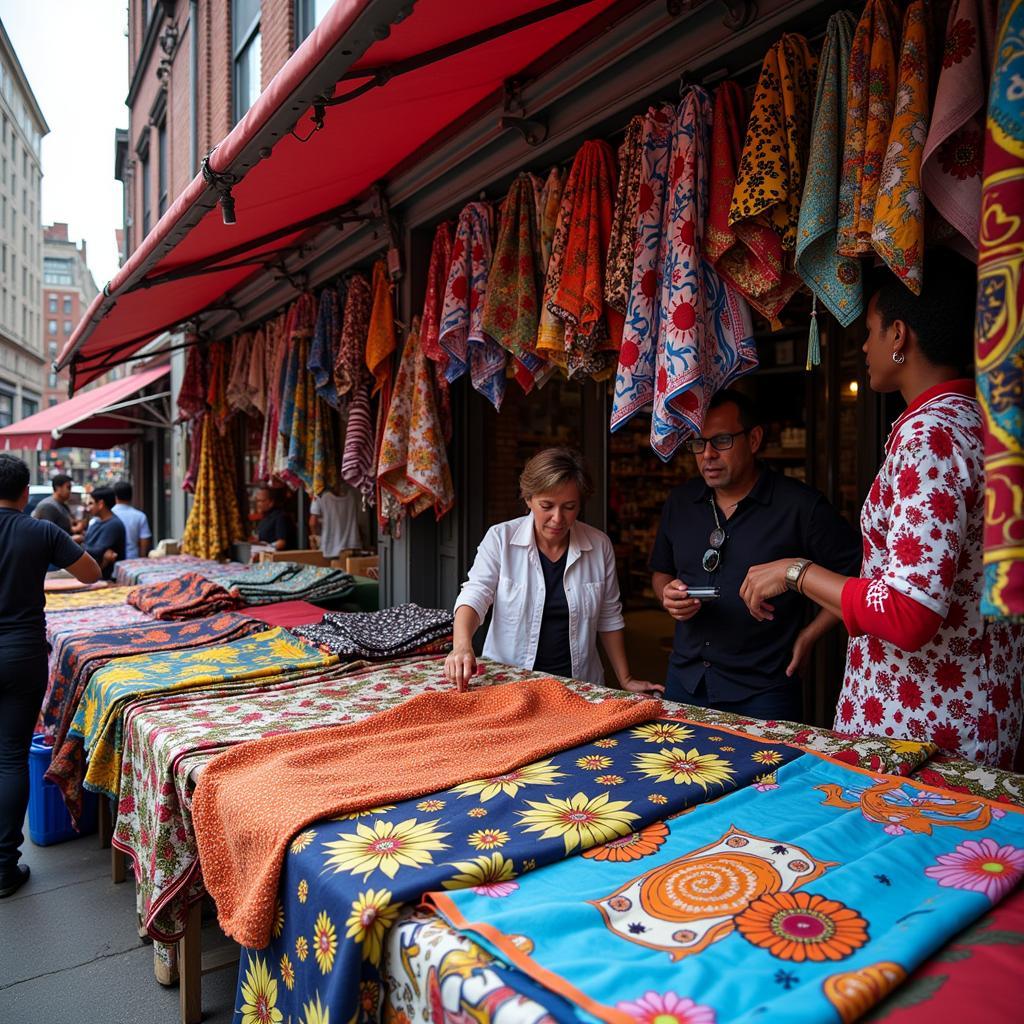Unveiling the African American Satanic Church: Beliefs, Practices, and History
The African American Satanic Church, a term often met with curiosity and misunderstanding, is not a monolithic entity, but rather a diverse landscape encompassing various independent congregations and groups. While the name itself might evoke preconceived notions, understanding the nuances of this multifaceted movement requires delving into its historical roots, core principles, and evolving dynamics within the African American community.
Challenging Perceptions: Beyond the Name
Often, the association of “Satanism” conjures images of devil worship and malevolent practices, largely fueled by sensationalized media portrayals and historical misconceptions. However, the African American Satanic Church, much like other branches of contemporary Satanism, does not center its beliefs around a literal deity named “Satan.” Instead, it draws inspiration from the literary figure of Satan as represented in works like John Milton’s Paradise Lost, where Satan embodies rebellion against tyranny and the pursuit of individual freedom.
Roots in Resistance: Reclaiming Power and Identity
To truly grasp the essence of the African American Satanic Church, one must consider the historical context from which it emerged. The movement found fertile ground within a community grappling with systemic racism, oppression, and marginalization. In the face of such adversity, Satanism, with its emphasis on self-empowerment and challenging established norms, resonated with those seeking agency and a means to reclaim their own narratives.
Embracing Individualism and Self-Deification
At its core, the African American Satanic Church champions individualism and personal autonomy. Adherents are encouraged to question dogma, think critically, and forge their own paths. This emphasis on self-determination often translates into a rejection of external authority, particularly when perceived as oppressive or unjust. Instead of worshipping a supernatural entity, many within the movement embrace the concept of “self-deification,” striving to cultivate their own potential and become the masters of their own destinies.
Social Justice and Community Engagement
While individualism remains paramount, many African American Satanic congregations also prioritize social justice and community upliftment. Recognizing the historical and ongoing struggles faced by their communities, they engage in activism, advocacy, and mutual aid initiatives. These efforts often focus on combating racism, promoting equality, and empowering marginalized voices.
Ritual and Practice: A Tapestry of Influences
The practices and rituals within the African American Satanic Church vary significantly, often incorporating elements from diverse spiritual traditions, including African diasporic religions, Hoodoo, and other forms of indigenous spirituality. Music, drumming, dance, and ancestor veneration frequently play integral roles in their ceremonies, reflecting the rich cultural heritage from which these practices draw inspiration.
Navigating Misconceptions and Stereotypes
Despite its growing visibility, the African American Satanic Church continues to face misconceptions and prejudice. The name itself can be a barrier, leading to misunderstandings and fear-mongering. Critics often conflate the movement with harmful stereotypes, perpetuating negative perceptions. It remains crucial to engage in open dialogue, challenge misinformation, and foster a nuanced understanding of the diverse beliefs and practices encompassed within the African American Satanic Church.
FAQ: Addressing Common Questions about the African American Satanic Church
1. Do members of the African American Satanic Church worship the devil?
No. Contrary to popular misconceptions, the African American Satanic Church, like other contemporary Satanic groups, does not believe in a literal Satan. Instead, the figure of Satan serves as a metaphorical representation of rebellion against tyranny, individual freedom, and self-empowerment.
2. What are the core beliefs of the African American Satanic Church?
The African American Satanic Church emphasizes individualism, self-deification, critical thinking, and the rejection of dogma. Adherents are encouraged to question authority, define their own moral codes, and strive for self-actualization.
3. Is the African American Satanic Church involved in criminal activity?
No. The African American Satanic Church does not condone or endorse criminal behavior. Many congregations prioritize social justice and community upliftment, actively working to combat injustice and empower marginalized voices.
4. What is the role of ritual in the African American Satanic Church?
Rituals within the African American Satanic Church vary widely, often incorporating elements from African diasporic religions, Hoodoo, and other spiritual traditions. These ceremonies often involve music, drumming, dance, and ancestor veneration.
5. How does the African American Satanic Church address social justice issues?
Many congregations within the African American Satanic Church are actively involved in social justice movements, advocating for racial equality, LGBTQ+ rights, and other issues impacting marginalized communities.
Exploring Further:
For those seeking a deeper understanding of the African American Satanic Church, further research is encouraged. Engage with primary sources, explore scholarly articles, and consider reaching out to individuals who identify with the movement to gain firsthand perspectives.
Remember, open-mindedness, critical thinking, and respectful dialogue are essential when navigating complex and often misunderstood spiritual traditions like the African American Satanic Church.

